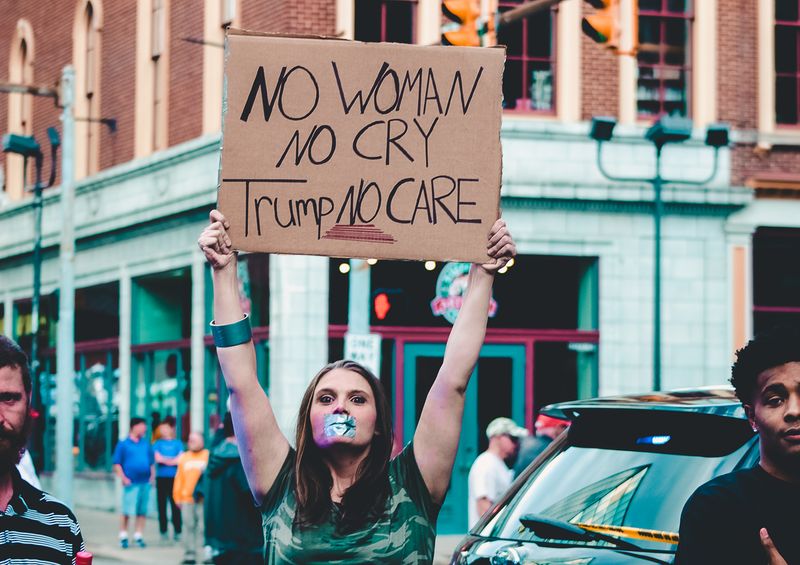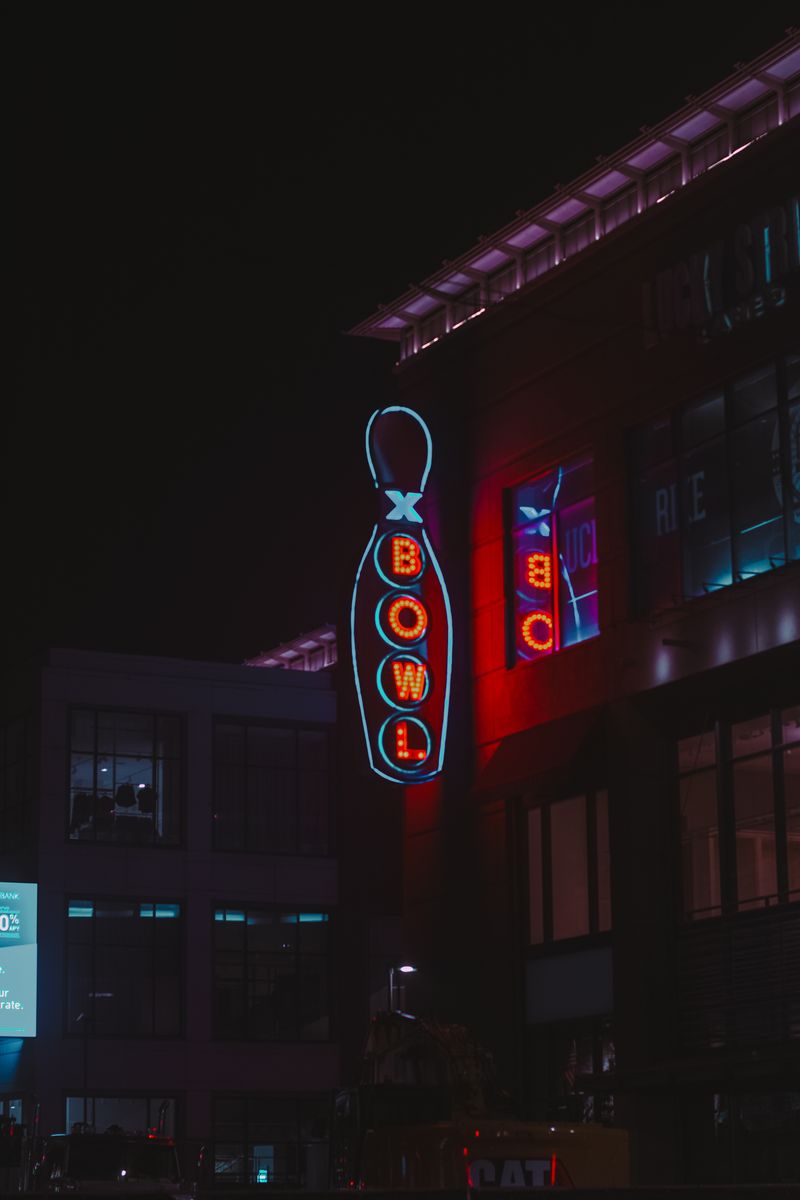Pro-Palestine Demonstrations Erupt in Times Square Amid Escalating Middle East Conflict
Peaceful Demonstrations Highlight the Plight of the Palestinian People
Thousands of pro-Palestine demonstrators and counter-protesters gathered in Midtown’s Times Square on Friday afternoon, creating a vivid display of divergent viewpoints and intensifying the ongoing debate surrounding the Israeli-Palestinian conflict. The mass rally, led by pro-Palestine groups, sought to draw attention to what they perceive as the genocidal violence inflicted upon the Palestinian people.
Despite the passionate and vocal nature of the demonstrations, the gathering remained peaceful, with businesses in the vicinity remaining open. The protesters, with leaders using megaphones and drums to rally the crowd, chanted slogans aiming to emphasize their message. According to the protesters, their intention was to ensure that the injustices suffered by Palestinians are heard loudly and clearly.
Kaleem Hawa, a representative of the Palestinian Youth Movement, encapsulated the sentiment of the demonstrators, asserting that the violence inflicted upon Palestinians is intended to crush their spirit and resistance. The message resonating throughout the protests was that resistance does not equate to terrorism, a point vehemently emphasized by the crowds.
The protests were not confined to Times Square alone, as Jewish New Yorkers and their allies staged a demonstration outside the Brooklyn home of Senator Chuck Schumer. The group demanded that Schumer take action to secure a ceasefire as he prepared to travel with a delegation of lawmakers to Israel. One hundred protesters, ranging in age from 20 to 85, including rabbis, descendants of Holocaust survivors, and Assembly Member Zohran Mamdani, were arrested for blocking the entryway to Schumer’s street.
Accusations of Genocide and Resistance Met With Strong Opposition
The accusations made by the pro-Palestine demonstrators that the United States and Israel are complicit in genocide were met with strong opposition from counter-protesters. Shouting back at the Times Square rally, counter-protesters vigorously contested these accusations. The contentious exchange led to scuffles and two arrests at West 35th Street and Sixth Avenue.
Rising Tensions in the Middle East Reverberate in New York City
As the conflict between Israel and Hamas intensifies in the Middle East, tensions are mounting in New York City. In response, city officials are stepping up police presence and patrols, designating the day of the protests as an International Day of Action for Palestine. The objective is to maintain public safety and guard against potential lone wolf or sympathizer attacks.
The NYPD, in collaboration with other law enforcement agencies, is closely monitoring online chatter and radical groups. The intention is to identify and disrupt any potential threats that might emerge. The FBI’s New York Special Agent in Charge, Nicholas Boshears, underlined the agency’s commitment to sharing information and monitoring the situation abroad to ensure the safety of New Yorkers remains a top priority.
During a joint press conference, Mayor Eric Adams and Governor Kathy Hochul emphasized the city and state’s commitment to keeping New Yorkers safe. Additional police resources are being directed to schools and houses of worship as a precautionary measure. While there are no specific credible threats targeting New York City at present, every police officer is in uniform to maintain a heightened state of readiness.
Both the MTA and NYPD are increasing their presence in major transportation hubs and throughout the transit system, urging New Yorkers to remain vigilant. The City’s commitment to public safety is evident in the increased police patrols on the streets, in the sky with NYPD helicopters, and in the waters around New York City.
Governor Hochul assured New Yorkers that there is no reason to feel afraid, highlighting the active measures being taken to ensure the state remains secure.
Editorial: The Complexity of the Israeli-Palestinian Conflict
An Ongoing Struggle for Peace and Justice
The recent pro-Palestine demonstrations in Times Square serve as a reminder of the ongoing violence and deep-rooted divisions in the Israeli-Palestinian conflict. This conflict, which has persisted for decades, is marked by complex historical, religious, and geopolitical factors that make reaching a lasting and just resolution an arduous task.
It is crucial to acknowledge the suffering and grievances of both Israelis and Palestinians and to recognize the aspirations for self-determination and security on both sides. The pro-Palestine demonstrators in Times Square were unified by their concern for the Palestinian people and their desire to draw attention to what they perceive as injustices. Their voices should be heard and their grievances should be taken seriously.
The Importance of Peaceful Protest and Dialogue
Protest is an essential part of democracy, allowing ordinary citizens to express their grievances openly and peacefully. The fact that the demonstrations in Times Square largely remained peaceful is a testament to the commitment of both organizers and participants to non-violent protest.
Engaging in productive dialogue and fostering understanding between different groups is vital in resolving conflicts. While the accusations and counter-accusations made by opposing sides might be strongly held, it is essential to foster an environment that promotes open and respectful conversation.
The demonstrations in Times Square highlight the urgent need for dialogue and diplomatic efforts to resolve the Israeli-Palestinian conflict. It is crucial for policymakers, activists, and international stakeholders to engage in rigorous discussions, with the ultimate goal of finding a just and sustainable solution.
Advice: Moving Forward Towards Peace
International Diplomacy and Dialogue
To address the Israeli-Palestinian conflict, international diplomacy must play a significant role. It is imperative for world leaders to engage in constructive dialogue to foster understanding and work towards a comprehensive, negotiated settlement.
The United States, as a key player in the conflict, should take a proactive approach in facilitating negotiations and encouraging all parties involved to come to the negotiation table. Engaging with regional and international partners to condemn violence and promote dialogue can help create an atmosphere conducive to peace.
Addressing Root Causes
To achieve lasting peace, the root causes of the conflict must be addressed. This requires addressing issues such as political grievances, economic disparities, and the lack of access to basic necessities faced by Palestinians. Improving living conditions, economic opportunities, and the overall quality of life for Palestinians can contribute to building a more stable and peaceful region.
Similarly, ensuring the security and well-being of the Israeli people is paramount. Guaranteeing Israel’s safety and addressing its legitimate concerns are essential components of any viable solution.
Empathy and Understanding
It is crucial for individuals, communities, and organizations to foster empathy and understanding between Israelis and Palestinians. This can be achieved through educational initiatives, cultural exchange programs, and grassroots efforts aimed at promoting dialogue and breaking down stereotypes.
By encouraging diverse perspectives and promoting human rights, individuals can contribute to building a more equitable and compassionate world.
Long-Term Commitment
Resolving the Israeli-Palestinian conflict will require a sustained and long-term commitment from all parties involved. It is essential to remain engaged and committed to peace even when progress seems challenging or slow. By maintaining a focus on dialogue, understanding, and justice, we can work towards a future where Israelis and Palestinians can coexist peacefully and prosper together.
In conclusion, the pro-Palestine demonstrations in Times Square highlight the urgency and complexity of the Israeli-Palestinian conflict. Moving forward, it is vital to prioritize international diplomacy, address root causes, foster empathy and understanding, and maintain a long-term commitment to peace. Only through sustained efforts and thoughtful dialogue can a just and lasting resolution be achieved.

<< photo by Rosemary Ketchum >>
The image is for illustrative purposes only and does not depict the actual situation.
You might want to read !
- The Evolution of Iconic Characters: Introducing Kevin Afghani as the New Mario
- Navigating the Shift: Exploring Kevin Afghani’s Role as Mario’s New Voice Actor
- Taylor Swift’s Unwavering Support for Travis Kelce Shines Through as “Eras Tour” Movie Makes Grand Entrance
- Austin Scott: A Closer Look at the Georgia Republican Seeking the House
- “Firearms in Protests: Exploring the Dangers and Consequences”
- “The Future of Chicago’s Lincoln, Irving, and Damen Crossing: A Vision for Connectivity and Mobility”
- Global Day of Jihad: Unraveling the Menace Behind Rumors
- Remembering Rudolph Isley: Honoring the Legacy of a Founding Member of the Isley Brothers
- “Travis Kelce: A Superstar on the Field, Taylor Swift by His Side”
- Influence for Hire: The Latest Charges Against Sen. Bob Menendez
- Taking a Stand: N.F.L. Reporter Exposes Racial Discrimination in Groundbreaking Claim
- The Artistic Legacy of Fernando Botero: Exploring His Iconic Sculptures in New York City
- “Dallas Mayor’s Party Switch Highlights Shifting Political Landscape”
- Argentina’s Political Landscape Shaken: Far-Right Outsider Javier Milei Surges in Primary Elections
- What could Cherelle Parker’s win mean for Philadelphia’s political landscape?




